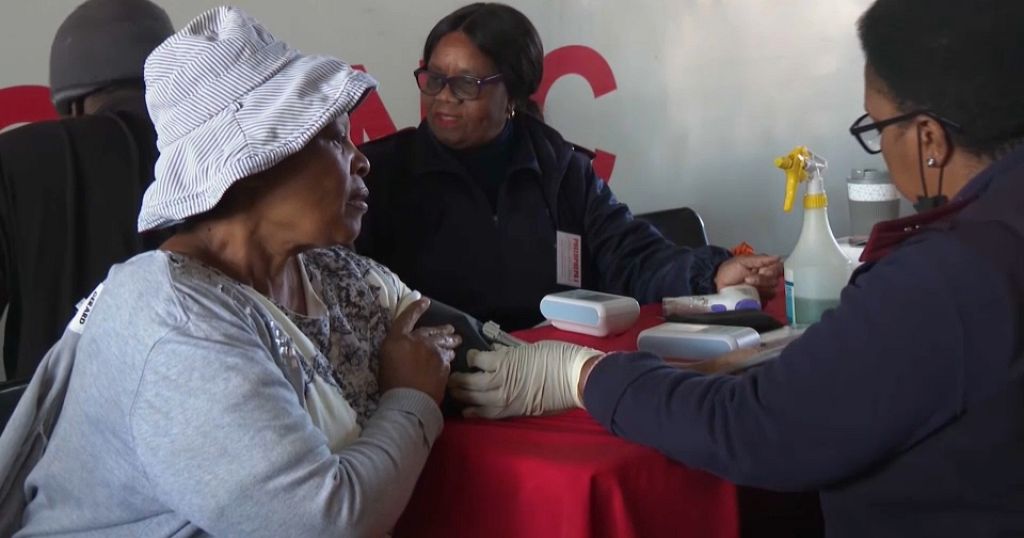A new study has found that over 800 million adults suffer from the condition worldwide and more than half of those aged over 30 who have it are not receiving any treatment.
In African countries they are among those most affected, as each year, 17 million people die from a non communicqlble disase like diabetes before turning 70.
The report shows that in sub-Saharan Africa, only about 5 to 10% of adults with the disease receives any treatment.
The WHO’s Director-General, Dr. Tedros Adhanom Ghebreyesus, echoed these concerns, calling for urgent action to tackle the diabetes epidemic.
“We have seen an alarming rise in diabetes over the past three decades, which reflects the increase in obesity, compounded by the impacts of the marketing of unhealthy food, a lack of physical activity, and economic hardship,” he said.
Dr. Ghebreyesus emphasized the need for policies that promote healthy diets and physical activity, alongside robust healthcare systems that prioritize prevention, early detection, and treatment.
The World health organisation has set global targets for diabetes care by 2030.
For the continent, this means increased access to diagnosis in the hope to have a better life and future.


